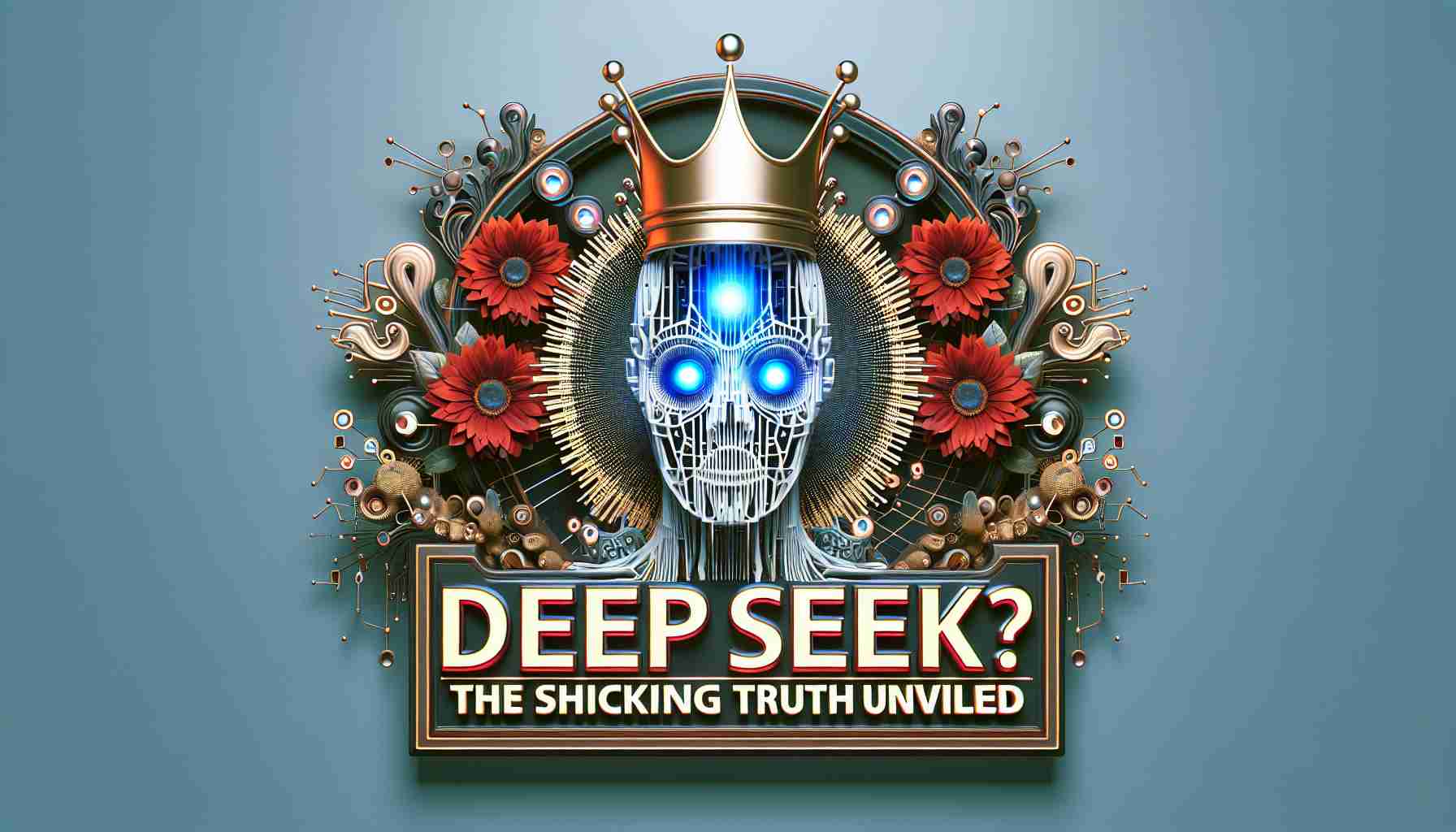- AI is transforming digital marketing, posing both opportunities and threats for business leaders.
- The dominance of traditional SEO is challenged by AI tools offering customized answers, with a significant reduction in search clicks.
- By 2026, conventional search traffic could drop by 25%, urging businesses to rethink strategies.
- Building a credible digital reputation is crucial, as AI favors authoritative sources.
- The “first mover advantage” is critical, particularly as AI adoption grows in regions like Norway.
- B2C firms can benefit from AI’s precise product recommendations, boosting conversions and lowering costs.
- B2B companies gain from AI-enhanced lead generation, improving sales and visibility.
- Investment in AI-compatible infrastructure and content is essential for future success.
- Achieving a strong Share of Engine (SoE) ensures greater visibility and market trust.
- Businesses should seize this opportunity to lead in the AI-driven digital landscape.
Rays of morning sunlight pierce through the digital fog as artificial intelligence redefines how the world seeks and absorbs information. For business leaders, this dawn of AI is both a looming threat and a tantalizing prospect. Those who act swiftly and strategically may carve out a significant slice of this evolving pie.
As the ground shifts beneath the old paradigms of digital marketing, the cherished rules of search engine optimization (SEO) find themselves at a crossroads. Where carefully curated keywords once ruled, AI tools like ChatGPT and Google’s Search Generative Experience are rewriting the playbook, offering users bespoke answers without the detour of clicking through to websites.
The sheer magnitude of this change can be felt in numbers: a striking 63% of Google searches conclude without a single click to a site. Despite 85% of users clinging to traditional search engines, industry whispers suggest a major transformation in user behavior lies ahead. By 2026, Gartner projects a 25% drop in conventional search traffic.
This tectonic shift calls for reevaluation of business strategies. As information-seeking morphs into a conversational dance, companies must rethink how they deliver value. Simple search terms like “best running shoes” now evolve into the complex narrative of “beginner marathon runners searching for the perfect shoe.” The challenge demands a new approach to how businesses construct and share their stories.
Digital reputation has never been more critical. AI algorithms sift through the noise with a discerning eye, favoring sources of established credibility. Thus, cultivating a stellar digital brand and showcasing genuine expertise isn’t just advantageous—it’s essential. Companies must work tirelessly to forge a digital presence that’s both authoritative and trustworthy.
The concept of “first mover advantage” in the AI realm is more potent than ever. Early adopters in the Norwegian market, where Google SGE is on the cusp of wider adoption, will set the bar. Trust acquired early on by AI models tends to snowball, creating a durable competitive edge.
For B2C enterprises, the AI evolution presents a goldmine of potential. The precision of AI-fueled product recommendations, amalgamated with personalized experiences, promises improved conversion rates and decreased marketing costs. Satisfaction levels soar as consumers receive results tailored to their exact needs.
B2B businesses stand to gain technological leverage, too. AI-enhanced lead generation sharpens the focus on well-matched prospects, streamlining the sales journey and enhancing industry-specific visibility. As decision-making grows more complex, digital presence holds unprecedented sway.
As businesses gaze toward the horizon of 2025-2026, investment decisions become pivotal. The fabric of content must be reknitted to speak the language of AI, blending structured data with an unyielding push for digital authority. Technical infrastructure must evolve to embrace AI, offering swift and seamless compatibility.
In this brave new world, achieving a robust Share of Engine (SoE) promises measurable triumphs. Enhanced visibility, improved conversion, reduced costs, and a resonant market position emerge as tangible rewards. AI offers precise answers and a robust digital identity builds enduring market trust.
This journey through AI-driven search challenges us to think strategically—a call to leaders armed with interdisciplinary expertise. Carving out a leadership position amid the advances of AI search is not a constraint; it’s an opportunity. Those who embrace this change now may pioneer the new corridors of digital success. The time to act is now, as the future waits for no one.
Embrace the AI Revolution: How Businesses Can Thrive in a New Digital Era
The Game-Changing Role of AI in Digital Marketing
The integration of artificial intelligence into digital marketing is not just a phase; it’s a fundamental shift that’s rewriting the rules of engagement with both existing and potential customers. Here’s a deeper dive into how this transformation can be leveraged by businesses to optimize their growth strategies.
How AI is Shaping the Future of SEO
AI technologies such as ChatGPT and the Google Search Generative Experience (SGE) are revolutionizing how users interact with search engines. Instead of driving users to website clicks, these tools provide detailed, conversational responses directly in the search interface. This means businesses must optimize their digital content to be recognized by these AI tools as authoritative sources.
– How-to Steps & Life Hacks: Focus on creating comprehensive content that answers users’ questions succinctly and accurately. Utilizing structured data and semantic SEO strategies will help AI identify and validate your content’s relevance and authority.
– Real-World Use Cases: A business that sells hiking equipment should pivot from simplistic keyword targeting to crafting narratives. This could mean creating an interactive guide on “choosing the best hiking gear for specific terrains,” appending case studies and user testimonials.
Industry Trends and Predictions
Gartner’s prediction of a 25% drop in traditional search traffic by 2026 signals a pivotal industry trend toward AI-driven interfaces. Businesses that adapt early will find themselves ahead of the curve. AI will enhance consumer engagement through personalized recommendations, improving conversion rates while simultaneously reducing marketing costs.
B2C & B2B Opportunities
For B2C companies, the path forward is to harness AI for precision-targeted marketing and enriched customer experiences. This approach leads to increased customer satisfaction as AI customizes product recommendations seamlessly.
For B2B enterprises, AI-driven insights will streamline lead generation and customer acquisition processes. By integrating AI into CRM systems, companies can achieve better prospect matching, thereby improving the efficiency of sales funnels.
Controversies and Limitations
While AI offers transformative opportunities, it also presents challenges. The primary concern is how to maintain visibility in an environment where clicks to external sites are diminishing. To counterbalance this trend, businesses should focus on:
– Building Trustworthy Digital Brands: Consistently offer valuable content that positions the business as a leader in its field.
– Evolving Content Strategies: Create multimedia content that can be easily integrated and showcased within AI answers.
Security and Sustainability
AI implementation in business also needs to address data privacy concerns, ensuring compliance with data protection regulations like GDPR. Sustainability should be a key focus, with AI solutions designed to minimize energy consumption.
Quick Tips for Immediate Action
1. Enhance Your Digital Reputation: Invest in online reviews, customer testimonials, and partnerships to boost your brand’s credibility.
2. Leverage Structured Data: Use schema markup to help AI models better index and understand your content.
3. Invest in Creative Content: Expand your digital media to include AI-friendly formats such as podcasts and videos.
Conclusion: Future-Proof Your Digital Strategy
To capitalize on the AI-driven transformation of digital marketing, businesses must adopt a proactive approach. Developing AI-compatible content, maintaining robust digital credibility, and innovating customer interaction methods are not optional but necessary. The future of search is conversational, and the time to align your strategies with this new era is now. For further insights on how businesses can leverage AI, explore resources on Gartner and Google.






